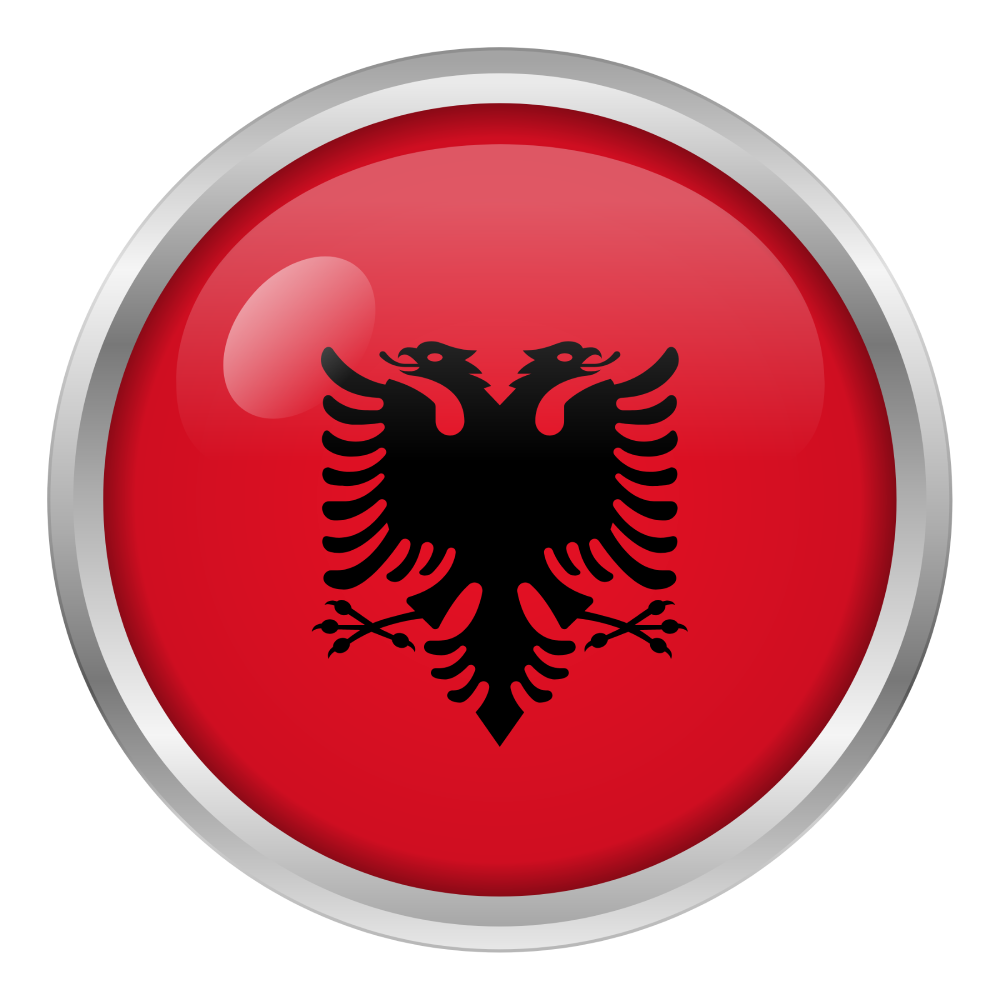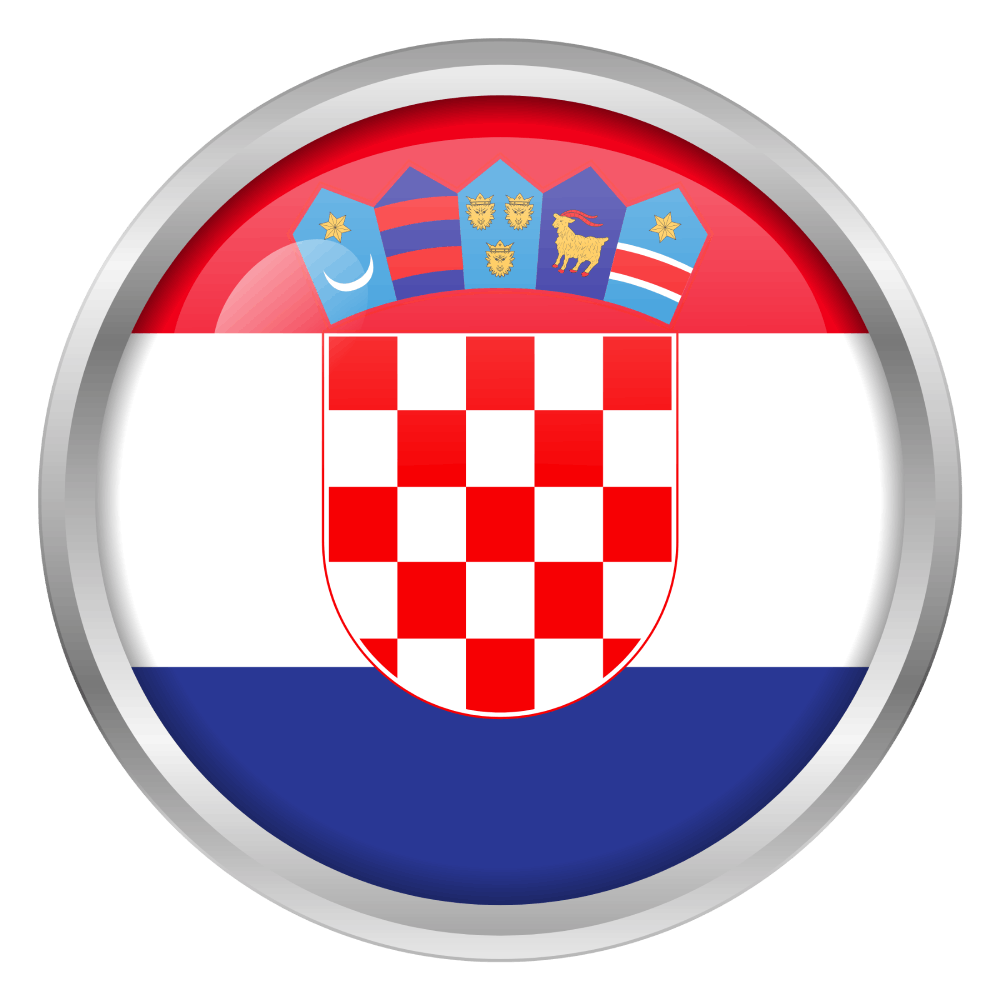“Secure your legal entry into a new chapter of life with our expert Legal Entry Visa services. Navigating the complexities of immigration laws, we ensure a smooth and compliant process, empowering you to embark on your journey with confidence and peace of mind.”


Anyone who is not a citizen of Albania and intends to work there for longer than three months needs to apply for a work permit. Before beginning employment, your staff must finish their work permit requests. After submitting the paperwork, you usually hear back within 30 days about whether the application was approved or denied. While some work permits contain time limits, each type will have a different total validity duration.
Albanian work permits fall into four primary categories:
Type A: Authorizations for business operations for both employers and workers
Type B: Free-standing business operations are allowed
Type C: Special event permits
Type D: Permits for eligible foreign nationals to work permanently
To enter Albania and maintain residency, all foreign nationals must get a visa.
The exact visa category and the procedures of the local embassy determine the application process for a work visa to Croatia. Certain embassies, for instance, don’t require appointments; instead, they follow the “first-come, first-served” policy.
An applicant must visit either their home country’s embassy or consulate, or the administrative police station nearest to their place of residency in Croatia, to begin the process. They next have to submit an application together with all the documentation mentioned above. The person will have to pay 870 kuna for the work and residence permit to be issued, in addition to administration costs and a separate biometric residence permit. Once all fees are paid, Croatia will order the residency permit, which your employee can pick up at the police station after 21 days.

Your staff members will require both a work permit and a residency permit to work in Croatia. The majority of EU nationals do not require a visa to live or work in Croatia because it is a member of the EU. Your employees will need to apply for a work permit from their local diplomatic mission representing the Republic of Croatia if they are not EU citizens.
Albanian work permits fall into four primary categories:
Type A: Authorizations for business operations for both employers and workers
Type B: Free-standing business operations are allowed
Type C: Special event permits
Type D: Permits for eligible foreign nationals to work permanently
To enter Albania and maintain residency, all foreign nationals must get a visa.

The application process for a work visa to Croatia is contingent upon the particular type of visa and the protocols of the local embassy. For instance, some embassies function on a “first-come, first-served” basis rather than requiring appointments.
An applicant must visit either their home country’s embassy or consulate or the administrative police station nearest to their place of residency in Croatia, to begin the application procedure. After that, they have to turn in an application and all of the previously mentioned paperwork. The person will be required to pay 870 kuna for the issuance of the work and residence permit, in addition to administration costs and a separate biometric residence permit, after it has been authorized. Once all payments are completed, Croatia will order the residency permit, which your employee can pick up at the police station after 21 days.